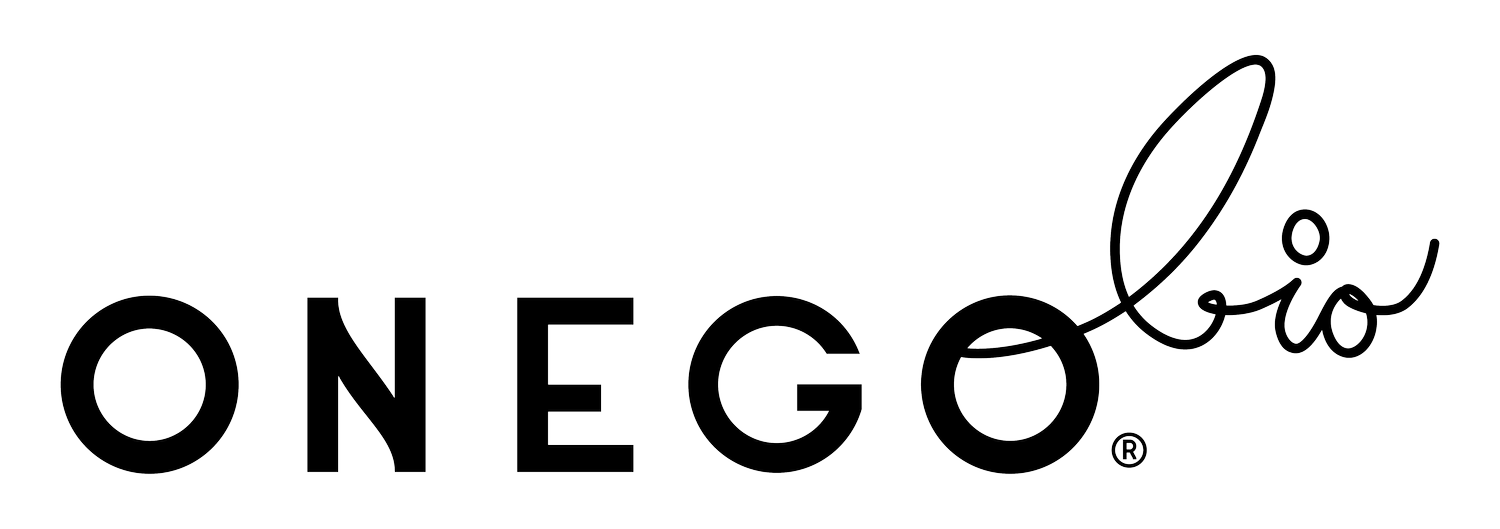Meet our sustainability superstars: Trichoderma reesei and ovalbumin
Trichoderma reesei, the microflora of our choice, is superior in transforming carbohydrates to protein. It is an established workhorse for making food-grade proteins.
With the inputs of sugar, nitrogen and minerals and use of electricity, we can create ovalbumin, the major protein of egg white. The process has potential for greater material efficiency in the transformation of agricultural inputs to egg white protein when compared to current practices.
For the bright future, Trichoderma reesei has potential to utilize lignocellulosic materials as inputs, making it possible to develop the material efficiency beyond the carbohydrate source suitable for human nutrition.
Anticipatory life cycle assessment using data from a pilot study was carried out to compare the impacts of Trichoderma derived ovalbumin (Tr-OVA) production with an equivalent functional unit of dried chicken egg white protein produced.
Tr-OVA production shows potential to reduce most agriculture-associated impacts, such as global warming and land use. Increased impacts were mostly related to industrial inputs, such as electricity production, but were also associated with glucose consumption. Switching Tr-OVA production location and usage of low-carbon energy sources could further reduce environmental impact.
The comparison charts below explain the differences in greenhouse gas emissions and land use between the traditional egg white protein production and Bioalbumen® (ovalbumin) production with the precision fermentation method. The countries used in the comparison are Germany and Poland.
The charts on the right shed light on the additional improvement potential for the Bioalbumen® production, with the help of renewable energy and biomass utilization. In the original life cycle assesment the sidestream biomass was considered to be waste; however, we know several uses for this valuable material and believe it shouldn’t be waste at all.
Visit the original research article published in Nature Foods for further details:
Natasha Järviö, Tuure Parviainen, Netta-Leena Maljanen, Yumi Kobayashi, Lauri Kujanpää, Dilek Ercili-Cura, Christopher P. Landowski, Toni Ryynänen, Emilia Nordlund and Hanna L. Tuomisto: Ovalbumin production using Trichoderma reesei culture and low-carbon energy could mitigate the environmental impacts of chicken-egg-derived ovalbumin. Nat Food 2, 1005–1013 (2021). Nature Food article



